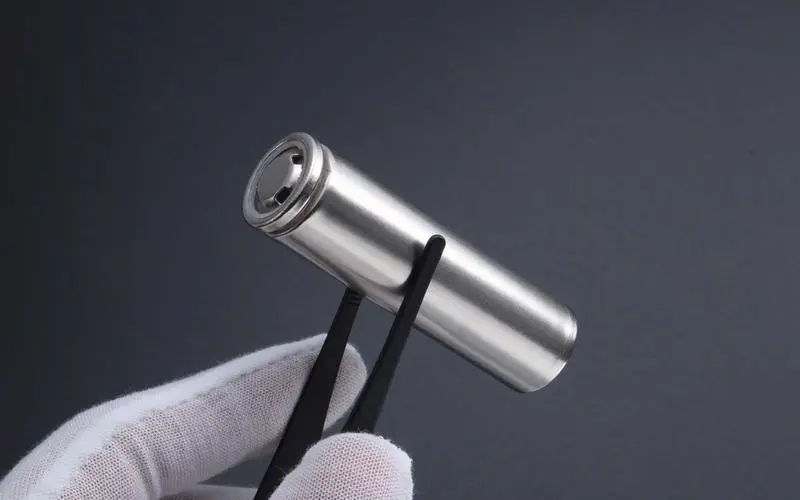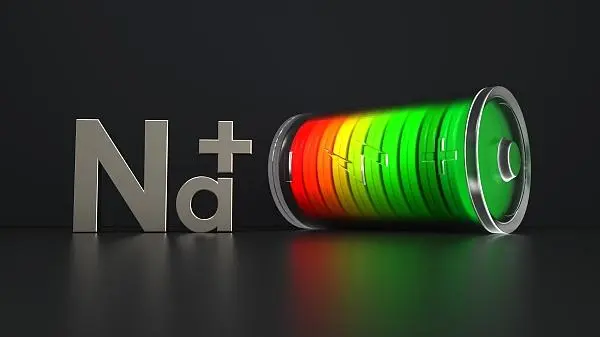 |
Welcome To Evlithium Best Store For Lithium Iron Phosphate (LiFePO4) Battery |
 |

Discover the advantages of sodium-ion batteries over their lithium-ion counterparts, highlighting their abundance, cost-effectiveness, environmental impact, and safety features that position them as a promising alternative for energy storage solutions.
As the global demand for sustainable and cost-effective energy storage solutions grows, sodium-ion (Na-ion) batteries are emerging as a compelling alternative to widely used lithium-ion (Li-ion) batteries. Here, we explore the key benefits that make Na-ion batteries a promising contender in the energy storage landscape.

One of the most significant advantages of Na-ion batteries is the abundance of sodium, which is found in seawater and is much more plentiful than lithium. This natural abundance translates to lower raw material costs, making Na-ion batteries a more economical option for large-scale energy storage projects. Sodium costs approximately one-fiftieth of lithium, significantly reducing overall battery production costs and improving accessibility to energy storage solutions.
Na-ion batteries have a considerably smaller environmental footprint compared to Li-ion batteries. The extraction and processing of lithium, often from remote and environmentally sensitive regions, can lead to significant water consumption and environmental degradation. In contrast, sodium extraction from seawater using conventional methods results in a lower carbon footprint and less environmental impact. This eco-friendly aspect aligns with global efforts towards greener energy solutions.
Safety is a critical concern in the battery industry, particularly regarding thermal runaway and other hazards associated with Li-ion batteries. Na-ion batteries offer enhanced safety features due to their chemical composition. They can be discharged to 0V without risking performance degradation, a capability not shared by Li-ion batteries, which can form lithium metal at the anode under such conditions. Moreover, sodium's softer chemical nature reduces the risk of dendrite formation and associated safety risks during high charging rates.
Na-ion batteries demonstrate excellent performance across a wide range of temperatures, making them suitable for applications in extreme environments. They maintain functionality in both high and low temperatures, which is particularly advantageous for grid storage applications and electric vehicles operating in diverse climatic conditions.
While Na-ion batteries may not completely replace Li-ion batteries, they effectively complement them. In applications where high energy density is not the primary concern, such as stationary energy storage and certain electric vehicles, Na-ion batteries offer a sustainable and cost-effective solution. Their compatibility with existing Li-ion assembly lines further enhances their market adoption potential.
In conclusion, sodium-ion batteries offer a viable alternative to lithium-ion batteries, providing a range of benefits that make them an attractive option for future energy storage solutions. With ongoing research and development, Na-ion technology is expected to advance, expanding its applications and reducing dependence on lithium-based batteries. The future of energy storage appears increasingly sodium-rich as the world seeks more sustainable and cost-efficient ways to power daily life.
Edit by paco
All Rights reserved © 2025 Evlithium Limited